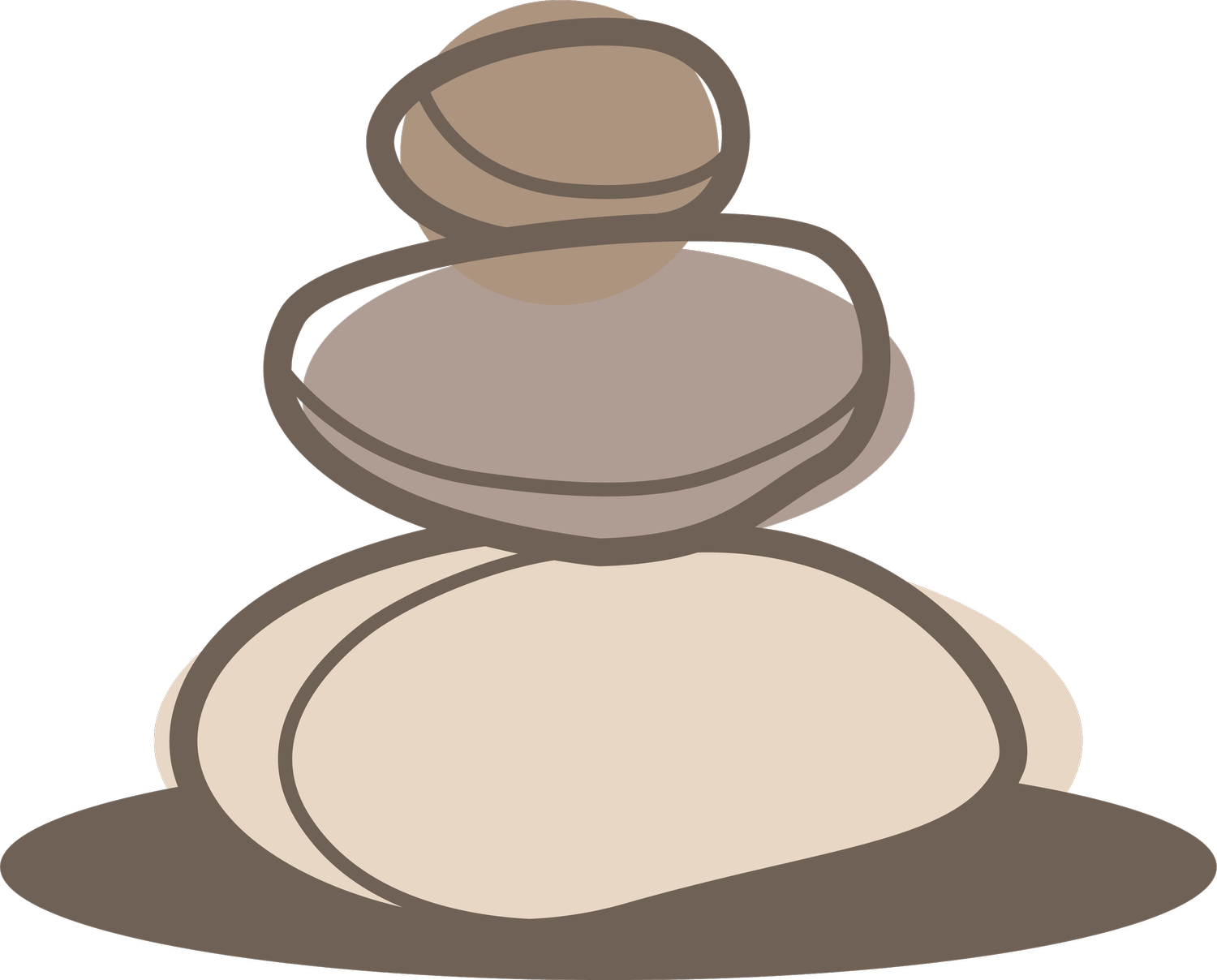What Is Cognitive Behavioural Therapy?
From racing thoughts before bed to self-doubt spirals throughout your day, overthinking can take over your mind before you can even realize it!
As someone who has a difficult time controlling my thoughts, feelings, and behaviours - you are not alone.
One tool that has worked for me is Cognitive Behavioural Therapy (CBT), which helps you learn ways to deal with emotional challenges.
What Is CBT?
CBT is a structured, goal-oriented type of talk therapy that can help manage mental health conditions such as:
Depression,
Anxiety,
PTSD,
Phobias,
Personality Disorders,
OCD,
Eating Disorders
and can also be used to help manage:
Non-psychological Health Conditions such as Insomnia, Chronic Pain, IBS, Chronic Pain
Why Do Our Brains Spiral?
Our brains are incredible and genuinely one of the most powerful tools you’ll ever have! It can -
help you learn new things,
remember important details,
keep you safe,
and even help you adapt to new situations
But here’s the catch… sometimes our brains can go into overdrive and don’t always know when to hit pause, and because our brains are so brilliant, those spirals that you may encounter throughout your day can often feel
real, urgent, and true… even when they are not!
That’s where Cognitive Behavioural Therapy comes in.
How Does CBT Work?
Cognitive Behavioural Therapy works by helping you notice those thoughts that can pop up in your head - especially the ones that are negative, unhelpful, or automatic - by giving you tools to
pause, reframe, and respond differently
CBT provides a supportive and safe environment that allows you to talk openly with a mental health professional
What Are Some Popular CBT Techniques?
Journalling - Write down what you are thinking/feeling to help untangle your thoughts
SMART Goals - Specific, Measurable, Achievable, Relevant, and Time Based
Cognitive Restructuring - Challenge your negative thoughts
Positive Activities - Schedule small, enjoyable things you like to do (crafts, sports, hanging out with loved ones)
Situation Exposure - List situations or things that cause you distress - slowly exposing yourself can make it feel less scary
If you’re looking for Cognitive Behavioural Therapy in the Comox Valley, or searching for Cognitive Behavioural Therapy near me, support is available!
Book a free 15-minute consultation with Riley Brown Counselling.

